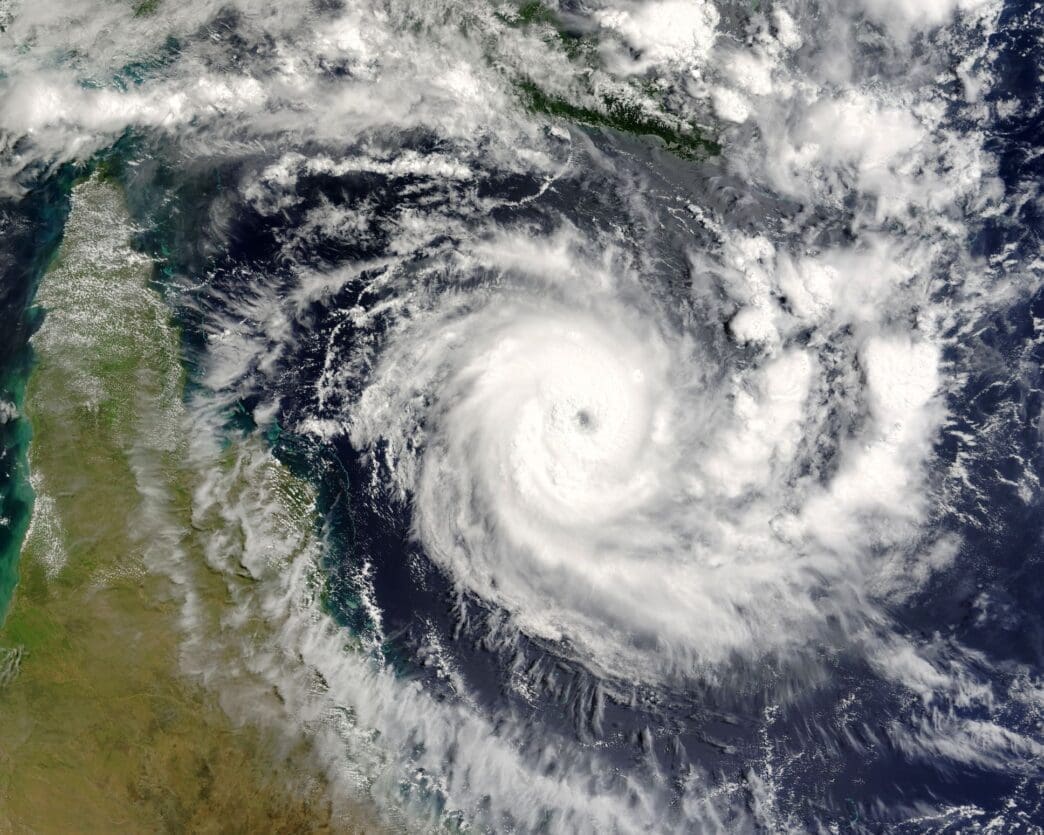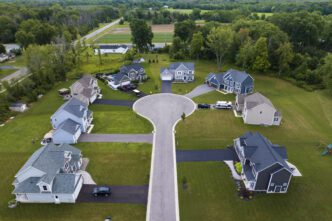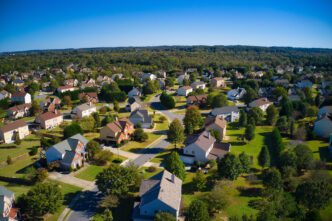The 2024 Atlantic hurricane season, which began on June 1 and is closing at the end of November, was marked by intense storm activity, producing 18 named storms, including Hurricanes Debby, Helene, and Milton.
Throughout this hurricane season, the frequency and intensity of storms have exceeded the usual average by notable margins. Specifically, Florida faced three significant hurricanes — Debby, Helene, and Milton — which have been particularly impactful. Helene and Milton were major storms with sustained winds over 111 mph, causing catastrophic damage upon making landfall. Helene made landfall in Taylor County with 140 mph winds, marking it as the third storm to hit the Big Bend area in just over a year. Shortly after, Milton struck near Siesta Key, resulting in extensive damage statewide.
The impact of these hurricanes has been severe, resulting in billions of dollars in damages and costs related to power restoration. Tragically, these storms have been linked to 63 fatalities in Florida alone. Helene, known for its destructive path through multiple states after impacting Florida, was responsible for 26 deaths, whereas Milton accounted for 32, including fatalities from a tornado in St. Lucie County. Such outcomes underscore the increasing challenges posed by storm intensification, possibly linked to climate change and warming ocean waters.
Experts like Mark Wool from the National Weather Service have expressed concerns about the evolving nature of hurricanes, noting a trend towards fewer but more powerful storms. This year’s forecast predicted up to 25 named storms, with many potentially reaching hurricane strength; however, the season fell short of these expectations, mostly due to La Niña conditions not developing as anticipated.
The economic ramifications of these storms are evident. More than 314,000 insurance claims have been filed by homeowners, with a further 16,600 from commercial properties, totaling estimated losses of around $5.3 billion. Milton alone has driven a substantial portion of these claims, particularly impacting the Tampa Bay area. Additionally, damage to critical infrastructure, such as the Tropicana Field, poses long-term economic challenges.
Utility companies have responded rapidly, restoring power to millions, although customers might face increased bills due to cost recovery for power restoration. The future of Major League Baseball in St. Petersburg is now uncertain owing to damage at Tropicana Field, and agricultural losses from storms Debby and Helene are estimated between $134 million to $425 million.
Commissioner Wilton Simpson highlighted that Hurricane Milton might have inflicted up to $2.5 billion in agricultural damages, adding pressure on Florida’s agricultural sector, already strained by previous storms. This year’s events accentuate the need for increased hurricane preparedness and adaptation to potential climate impacts.
As the 2024 hurricane season draws to a close, the significant impacts underscore the necessity for robust preparedness and adaptation measures in response to increasingly powerful storms. The lessons learned from this season will guide future planning and resilience efforts in the face of changing climatic conditions.
Source: FloridaRealtors








